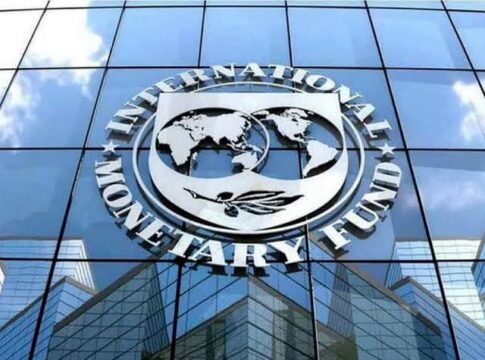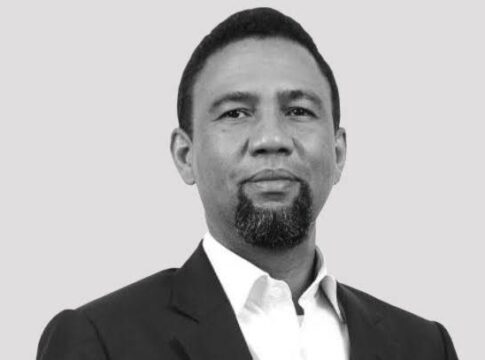Nigeria’s sweeping economic reforms, launched 18 months ago, have yet to deliver the anticipated turnaround, according to the latest International Monetary Fund (IMF) report. Despite signs of progress across sub-Saharan Africa, Nigeria remains among countries struggling to achieve desired outcomes, with growth, inflation, and debt management posing significant hurdles.
The IMF projects the region’s average economic growth to reach 3.6% in 2024, yet Nigeria’s growth rate lags at 3.19%. Speaking at Lagos Business School, Catherine Patillo, IMF Deputy Director, highlighted strides made in countries like Ghana and Côte d’Ivoire. However, Nigeria was notably absent from this list of success stories. “More than two-thirds of countries have undertaken fiscal consolidation,” Patillo said. “But challenges persist in nations like Nigeria, where inflation and fiscal imbalances remain entrenched.”
Rising Inflation and Currency Instability
While median inflation in the region has eased, Nigeria’s inflation climbed back to 33.8% in September 2024, far exceeding the 21% target for the year. Analysts predict further increases into November and December, reflecting deeper economic instability. Patillo noted, “Inflation remains in double digits in one-third of countries, including Nigeria, Angola, and Ethiopia, where monetary policy lacks exchange rate anchors.”
READ MORE: Pastor Tunde Bakare Donates Solar Energy to UNILAG’s Faculty of Law on 70th Birthday
The naira’s persistent depreciation adds to Nigeria’s woes, standing in stark contrast to regional improvements in foreign exchange stability. “Foreign exchange pressures have largely abated across most of the region,” Patillo remarked, while highlighting Nigeria as a clear outlier.
Debt and Fiscal Pressures Loom Large
The IMF report paints a grim picture of Nigeria’s debt burden, with interest payments consuming 15% of total revenues—a troubling figure echoed in Ghana, Zambia, and Angola. “Debt service capacity remains low,” the report stated, warning that fiscal stress undermines critical development spending. In one-quarter of regional countries, including Nigeria, interest payments exceed 20% of revenues, a threshold linked to significant fiscal risks.
Outlook: Struggles Amid Regional Recovery
While several countries, such as Botswana, Senegal, and Malawi, are projected to benefit from resource exports and post-crisis recoveries, Nigeria remains on the downside. “Resource-intensive economies, especially oil exporters like Nigeria, are growing at half the rate of others,” the report noted. Social and political resistance to reforms further complicates the outlook.
The IMF recommends a strategic reset for countries like Nigeria, emphasizing the need to build public trust and foster pro-reform coalitions. “Reforms require rethinking strategies to engage leaders and the general public, alongside measures to rebuild institutional trust,” the report concluded.




